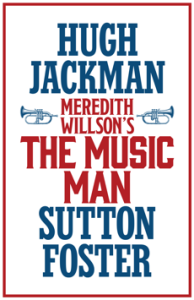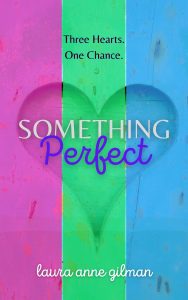This week is far too full of crises. Every time there’s a crisis, people raise money to help everyone deal. When the Australian bushfires dominated my life (aeons ago: 2109-2020 – the fires were out just after the pandemic hit Australia) books were a good fundraiser. I often contribute to such books, because they give more than I can give, personally. The anthology I was in that helped save wildlife during that particular crisis was called Oz is Burning. It contains some remarkable stories, and I’m very pleased I could contribute and be in such company.
There was one fundraising book that stood head and shoulders above all the others. Jackie French lives in rural Australia and she’s currently dealing with floods. Her part of rural Australia was very badly hit by the fires, and she handled it in a very Jackie-ish fashion. During the crisis she reported to the rest of us what was happening in her local town. She was cut off for what felt like months (I don’t know what it felt like to her, but I was worried about her for over a year) and she compiled observations and reports and made sure the rest of the world knew what was going on.
She reported on wildlife as part of this. Also, as someone who knows wombats particularly well.
One of the wombats she helped had a particular story. She talked about this wombat on social media and we all wanted a happy outcome… but we weren’t sure that the wombat would survive.
Later in 2020, she turned the wombat’s experience into a book for children. The Fire Wombat became an instant classic (though not as classic as her earlier book, The Diary of a Wombat ) and raised money to help wombats. It talks children through the crisis and how those rare animals who survived were helped. It gave children a path to understanding the impossible and, at the same time, raised money to help wombats.
I have my copy in front of me now and have re-read it. The floods in Australia right now are hurting the same regions as the fires did just over two years ago. Jackie’s work reminds me that wombats need help, too.
When we’re both allowed to travel again, and when it’s safe (fire and pandemic and now floods) I’m going to feed her dinner and ask her to sign her book. Her work has helped me remember how to get through crises and how to look outside my small environment and see what I can do. I may not be able to do much, but if Jackie can write this amazing book when she’s confined to a very small piece of land for over two years then that opens the door for me. I just need to consider what I’m capable of. Step One is to not let the fear developed by over 30 months of sequential crises decide my actions.
PS Jackie writes about so much more than wombats. She’s one of Australia’s best writers. I wrote this piece because wombats bring me comfort.


 I’m going to New York in June, and just bought tickets to see Hugh Jackman and Sutton Foster in The Music Man. I am ridiculously excited about it.
I’m going to New York in June, and just bought tickets to see Hugh Jackman and Sutton Foster in The Music Man. I am ridiculously excited about it.
 Terrorists of Irustan to the deeply touching The Glass Harmonica, to the YA “Horsemistress” series (as Toby Bishop), to the music-themed Mozart’s Blood and The Brahms Deception, the scope and insightfulness of her writing mark her as a major voice in fantasy and science fiction. Her newest novel, The Great Witch of Brittany, will be released in February 2022.
Terrorists of Irustan to the deeply touching The Glass Harmonica, to the YA “Horsemistress” series (as Toby Bishop), to the music-themed Mozart’s Blood and The Brahms Deception, the scope and insightfulness of her writing mark her as a major voice in fantasy and science fiction. Her newest novel, The Great Witch of Brittany, will be released in February 2022.
